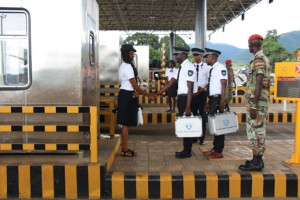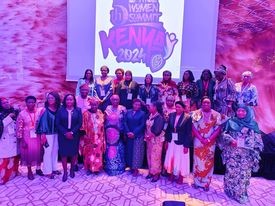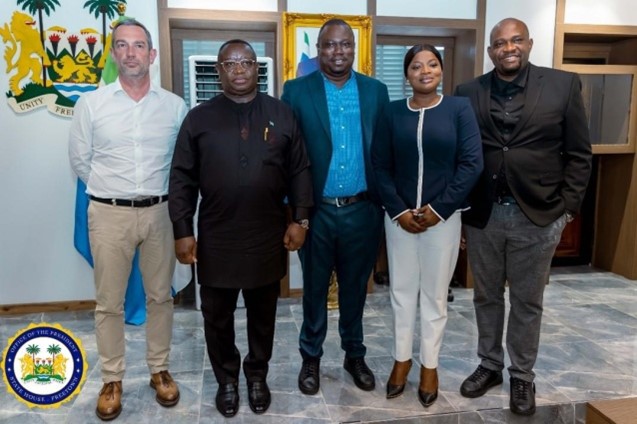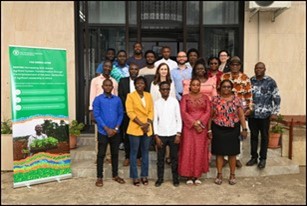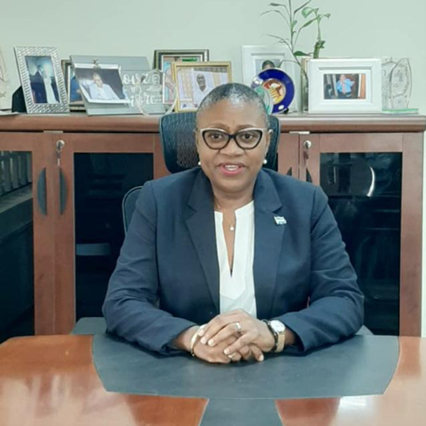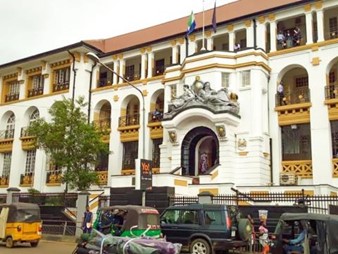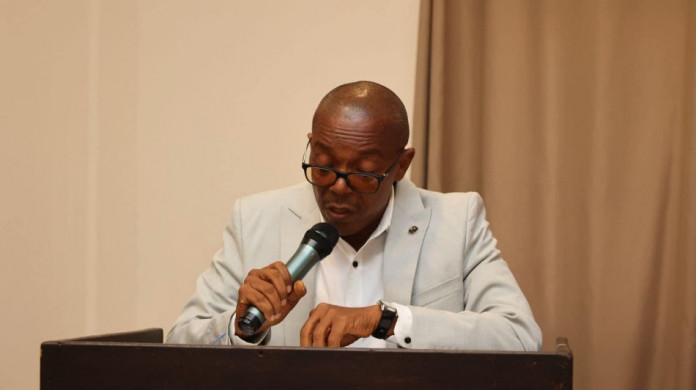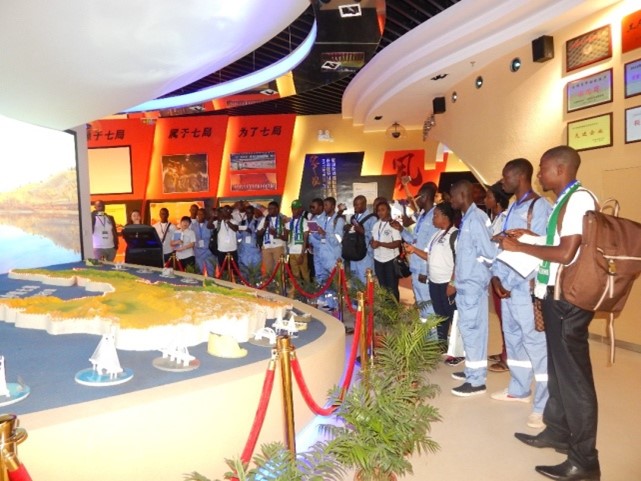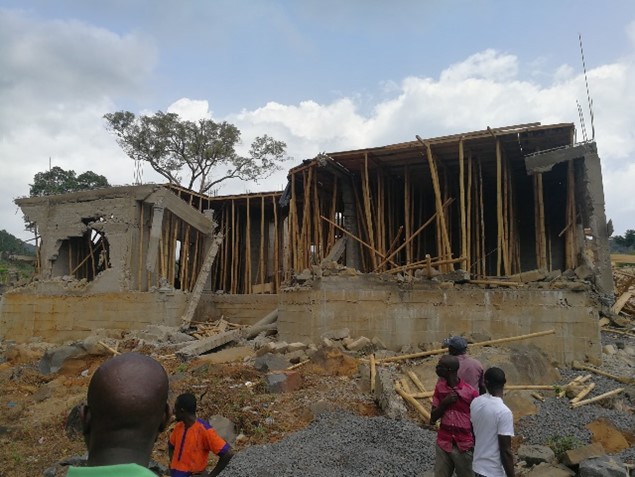By Amin Kef Sesay
In a world where corporate social responsibility is increasingly important and highly valued, China Railway Seventh Group (CRSG) stands out as a shining example of a company that prioritizes the well-being of its employees and the communities in which it operates. CRSG has made significant strides in improving its welfare system, ensuring that employees are paid on time without any arrears, and promoting gender equality and development in employment practices.
One of the key highlights of CRSG’s commitment to its employees is its unwavering dedication to paying wages in a timely manner, even during challenging times such as the outbreak of COVID-19. Despite facing difficulties, CRSG did not lay off any employees and continued to pay salaries on time, thereby providing stability and security to its workforce. The company also pays social security and insurance on time, protects employees’ rights such as annual leave and sick leave, and has established a robust employee care and consolation system to assist those in need.
Moreover, CRSG places a strong emphasis on promoting gender equality and development in employment. By providing job opportunities and emphasizing the development of women’s employment, CRSG ensures that all employees are treated fairly and equitably in accordance with the law.
Ensuring employees’ safety is another area where CRSG excels. The company conducts various safety workshops, distributes labor protection supplies on time, and promptly investigates safety risks to reduce personal safety hazards for all employees, including nationals. By promoting safe operation knowledge and improving employees’ self-protection awareness, CRSG creates a secure working environment for its workforce.
Recognizing outstanding employees is a core aspect of CRSG’s culture. The company has implemented a comprehensive performance pay appraisal system to evaluate employees’ work status accurately. Outstanding employees are awarded, publicized, and promoted to stimulate their self-development and maximize their potential, creating a culture of excellence within the organization.
Furthermore, CRSG values continuous learning and development for its employees. By offering specialized training programs on engineering knowledge, firefighting knowledge, legal knowledge, and more, CRSG empowers its workforce to enhance their skills and capabilities. The company has also sent key national employees to training courses in China, resulting in a significant improvement in their business ability, management skills, and practical expertise.
Beyond its internal initiatives, CRSG is deeply committed to serving the communities in which it operates. Since entering Sierra Leone, the company has integrated into the local society by respecting local laws, customs, and religious beliefs. CRSG creates employment opportunities and engages in various public welfare activities in neighboring communities, contributing to the overall development and well-being of the region.
One of CRSG’s notable projects, the Wellington-Masiaka Highway, has not only created thousands of jobs but also developed skilled personnel in various fields. By providing stable salaries, skills development opportunities, and personal growth prospects for national employees, CRSG has significantly impacted the local economy and workforce. The highway project has induced economic and commercial development along the road corridor, leading to tens of thousands of indirect employment opportunities and fostering economic growth in the region.
In addition to job creation, CRSG actively fulfills its social responsibility by conducting various welfare activities such as donating materials, maintaining community roads, assisting schools, and organizing sports events. The company’s contributions extend to building schools, providing educational resources, donating essential supplies, and supporting community development projects, demonstrating its commitment to being a responsible corporate citizen.
Looking ahead, CRSG remains dedicated to promoting the development of Sierra Leone through win-win cooperation and sustainable practices.
By expanding its operations, benefiting national employees and local communities, and contributing to the economic and social progress of the region, CRSG continues to make a positive impact on the lives of people in Sierra Leone.
China Railway Seventh Group (CRSG) exemplifies the essence of a socially responsible company that prioritizes the welfare of its employees and the communities it serves. Through its unwavering commitment to employee well-being, gender equality, safety, recognition, training, and community engagement, CRSG sets a high standard for corporate citizenship and inspires other organizations to follow suit in creating a better shared and win-win development.
